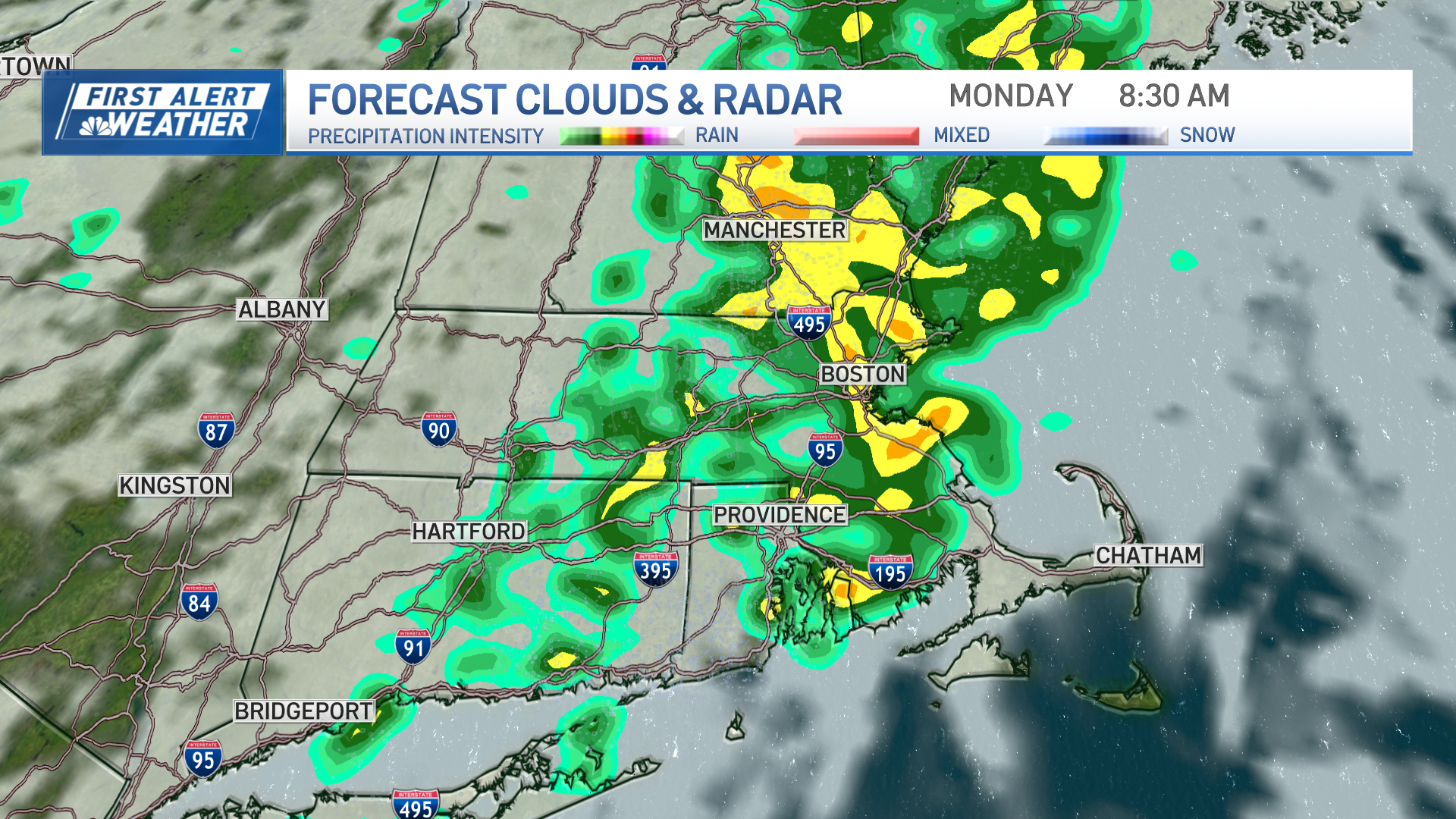The woman fought back tears. “My world completely crumbled,” she said.
Her daughter was 13. The female teacher at the East Somerville Community School was 41.
Alexandra Romanos had convinced the student it was love. But it was rape - in her car and even her classroom.
Prosecutors said Romanos groomed the girl for months - cheering her on at sporting events, giving her rides home from school, texting like lovers. The girl’s mother saw the texts in church and called police.
NBC Boston has agreed to protect the child’s identity.
Romanos is now serving five years behind bars at MCI-Framingham for rape of a child.
At her 2014 sentencing hearing, Romanos fought back tears too. The former sixth grade teacher is a mother as well and told Judge Kathe Tuttman she had mental health issues but knew her relationship with the 13-year-old was wrong.
Local
In-depth news coverage of the Greater Boston Area.
“There is an imbalance of power. This individual cannot give informed consent," said Jetta Bernier, of the nonprofit Massachusetts Citizens for Children.
Child advocates say sexual abuse in schools is under reported. Still, the NBC Boston Investigators found more than 100 Massachusetts public school teachers have been disciplined or charged for sexual misconduct from January 2009 to September 2015.
The allegations and charges range from child pornography to teachers kissing, sexting, fondling students in the child’s home to rape.
“Parents are mandated by law to send their children to school,” Bernier said. “And yet schools are not mandated right now to protect those children against child sexual abuse.”
In Massachusetts, it’s legal for a teacher to have sex with a child as young as 16 -so long as it’s consensual. Consent is even younger for fondling - just 14.
That law keeps teens from being charged for underage sex. But teachers? Advocates say it’s protecting predators.
“Where are the loopholes?” Bernier said. “Where are the missing pieces that we need to address?”
A new bill filed by state Sen. Joan Lovely (D-Salem) would:
- Make it illegal for an educator to have sexual contact with a student 19 or younger.
- Make it illegal for an educator to touch a child sexually 14 or younger unless there is an age difference of three years or less.
- Require schools to perform more thorough background checks before hiring teachers.
- Require training to recognize sexual abuse for all mandated reporters.
- Require schools teach students about what crosses the line.
- Fine schools up to $10,000 for not reporting abuse allegations.
- Give subpoena power to the Department of Elementary and Secondary Education to call witnesses or compel documents in a sexual abuse investigation.
- And ban confidentiality agreements between accused teachers and schools.
“The school says, ‘You don’t say anything, we don’t say anything,” says Bernier.
It’s called “passing the trash” - an issue at the center of dozens of recent sexual abuse allegations at area private schools. A school lets a teacher leave quietly to avoid scandal - sometimes even giving them a recommendation to work at a new school and potentially prey on new children.
A 2015 federal law requires states to ban the practice, but only five states have - Connecticut, Oregon, Washington, Missouri and Pennsylvania.
Massachusetts Commissioner of Elementary and Secondary Education Mitchell Chester would not weigh in on pending state legislation, but in an earlier interview said, “I think we have to be absolutely clear both in our licensing statutes and in our criminal statutes that we will not tolerate adults who are responsible for the students that they serve to prey on those students.”
Despite the support from the Department of Secondary and Elementary Education, sexual misconduct bills have failed to make it out of committee time and time again.
The mother of the abused teen calls that a tragedy.
“Today was my family,” she said. “Tomorrow could be someone else or even their kids.”
We asked the Massachusetts Teachers Association to weigh in, but they declined. A spokesman told the NBC Boston Investigators the union had not yet gone through the bill.
The bill has not yet been scheduled for a hearing with the Joint Committee on Education.



